Europe fixes historic climate target with Poland half on board
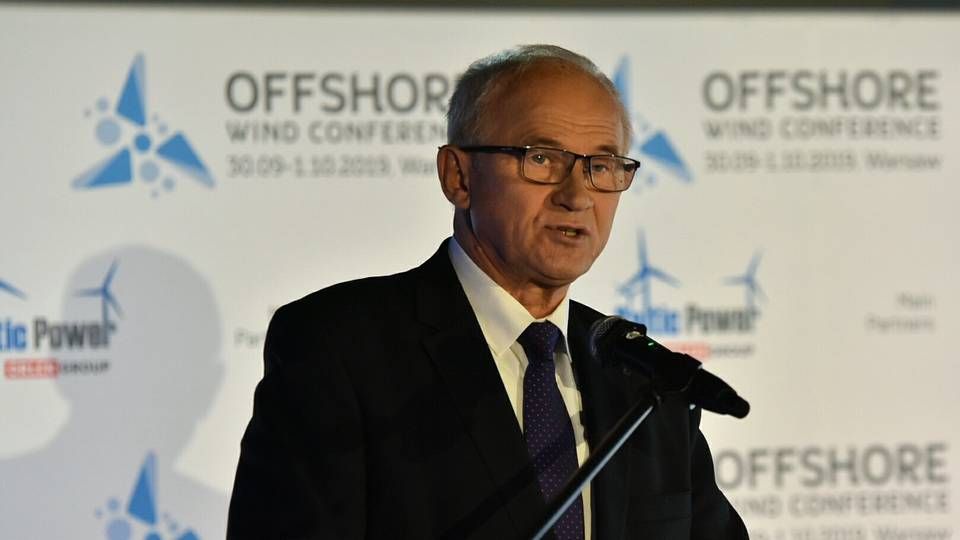
European Union leaders pledged to eliminate net carbon emissions by the middle of this century in a historic pledge that sets in motion a radical overhaul of the continent’s economy, while also laying bare divisions over the costs of the transition.
Twenty-six nations gave an unqualified endorsement to the goal of achieving zero net emissions by 2050. Poland, in an unusual fudge, endorsed the objective without committing to meeting it. The statement at a summit in Brussels seeks to add political momentum to the Green Deal announced by the European Commission this week, albeit with one reservation.
“There is no division of Europe into different parts,” German Chancellor Angela Merkel told reporters in the early hours of Friday. “There is only one member state which still needs some more time to consider how to implement this.”
The commission has promised to make its climate objectives a reference point for all relevant legislation as it set out its plan on Wednesday. Yet the agonizing negotiations with Polish Prime Minister Mateusz Morawiecki highlight the difficulties ahead for the EU as it works out how to pay for an overhaul that will transform everything from energy production to transport, agriculture and the design of cities.
“Poland will reach climate neutrality at its own pace,” Morawiecki said. “We will adjust the pace to the condition of our economy, to what we can afford and to what the Just Transition Fund will be and how much Poland will get from this fund.”
Leaders agreed to return to the issue in June, giving Poland another six months to get on board. Over that period, the EU will also be negotiating its next seven-year budget and that may offer the rest of the bloc a chance to turn up the pressure on Morawiecki with Poland the biggest beneficiary of EU funds.
The net-zero emissions target, which EU leaders have been debating for almost a year, constitutes the cornerstone of the commission’s far-reaching strategy to stake its economic future on an environmental clean-up.
With US President Donald Trump set to pull the world’s biggest economy out of the Paris Climate Accord and China, the world’s biggest polluter, still building more coal power plants than the rest of the world combined, Europe is looking to seize the initiative in the global campaign to rein in the effects of climate change and betting that it will bring a dividend in terms of jobs and economic growth.
Under the commission’s proposals, the transition to climate neutrality would start next year and involve stricter emission limits for industries from cars to chemicals, revamped energy taxes, new rules on subsidies for companies, greener farming, and possibly an environmental import tax. Everything from finance to the design of cities would need to become more sustainable.
EU sets new climate vision: Cue the battle for funding
Swedish energy talks split into atoms
EU Commission presents major climate push
Vestager approves aid for battery producers
Global carbon emissions break record in 2019
EU member states want to overhaul energy taxation
Europe set to overhaul its entire economy in green deal push
Related articles
EU sets new climate vision: Cue the battle for funding
For subscribers
Swedish energy talks split into atoms
For subscribers
EU Commission presents major climate push
For subscribers

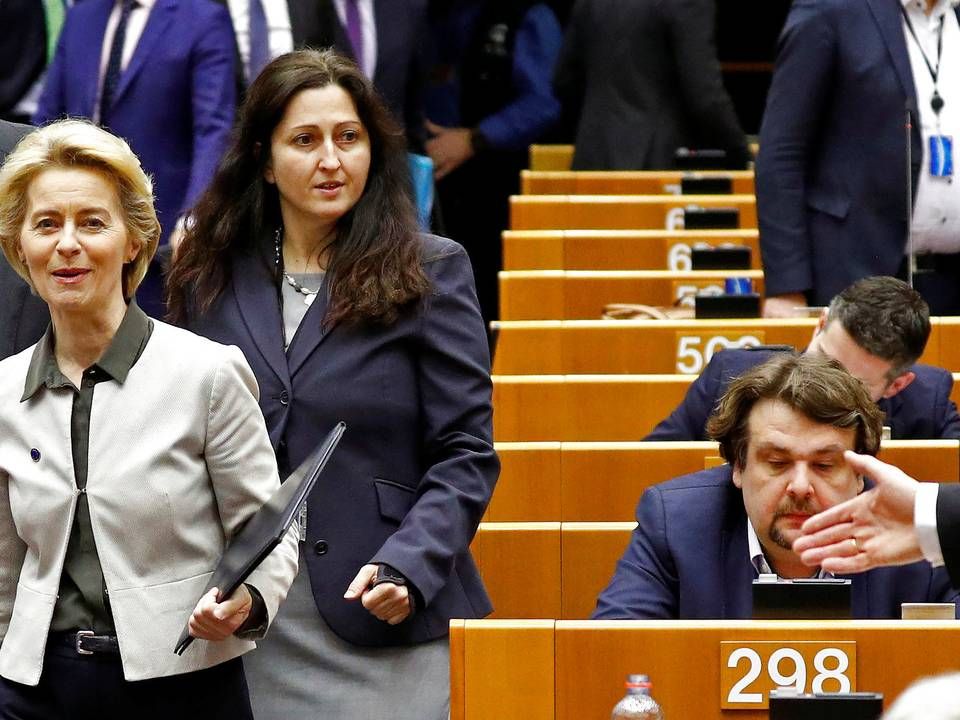
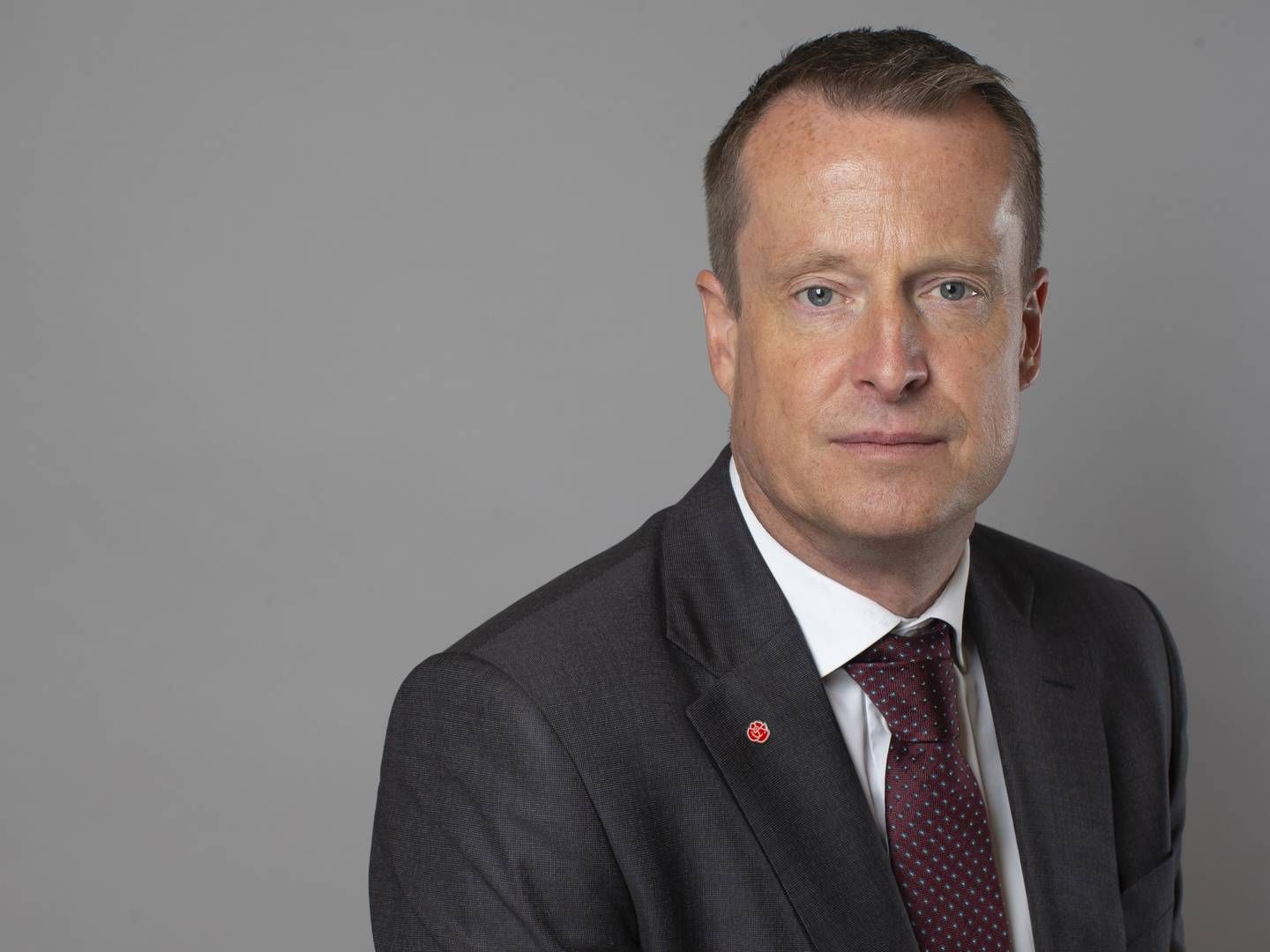
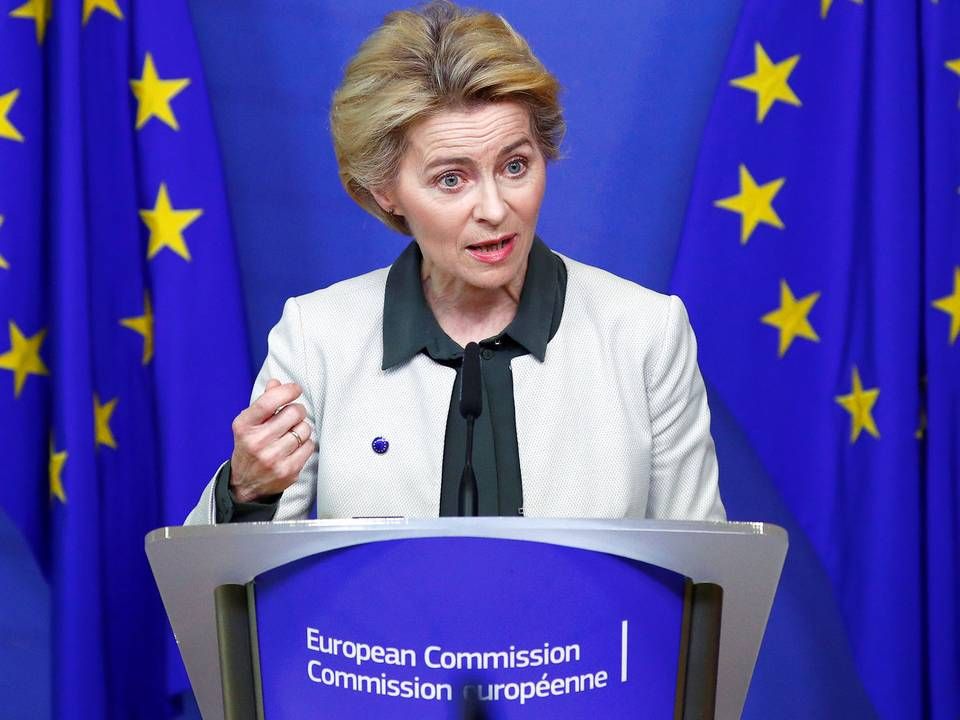








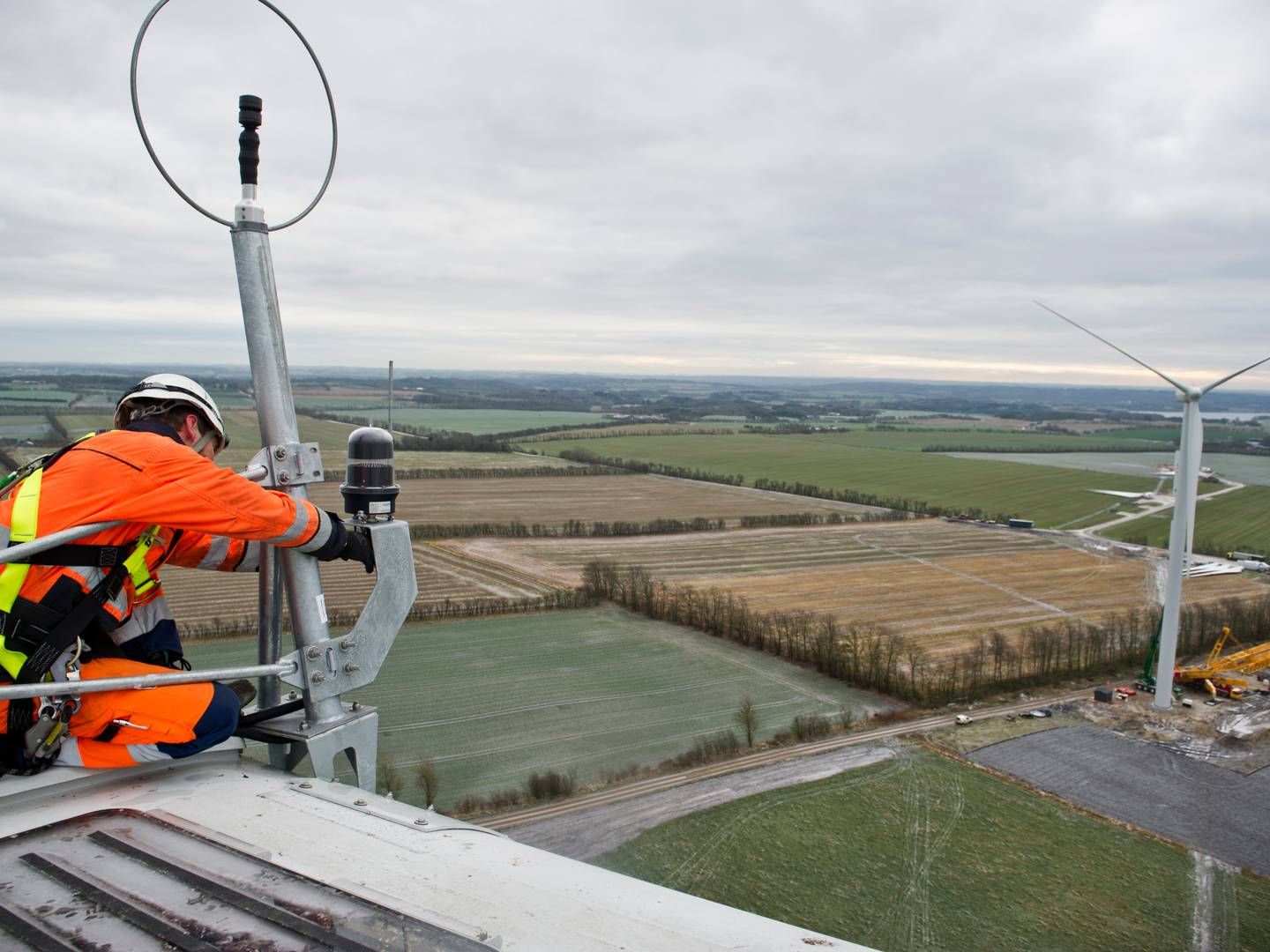







.jpg&w=384&q=75)




